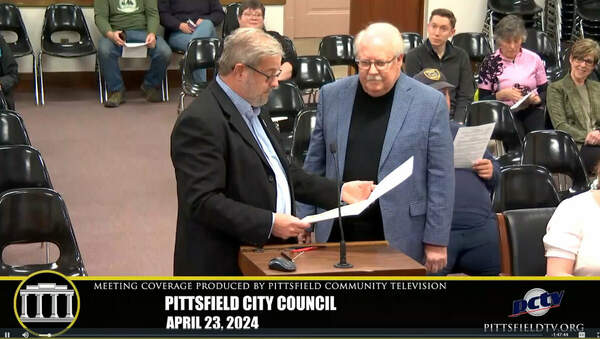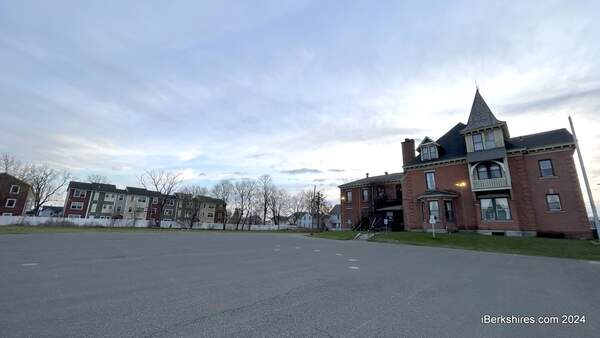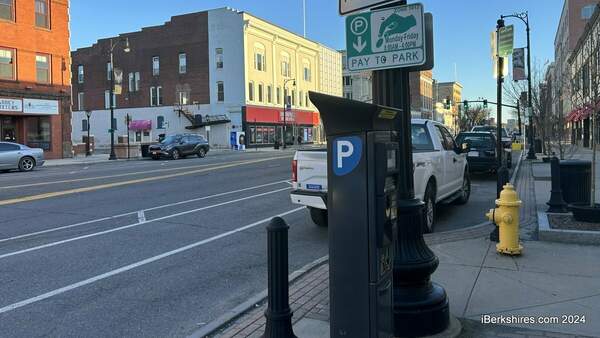Paratransit Workers Vote Work Stoppage Over Contract
PITTSFIELD, Mass. — The union representing paratransit drivers for the Paratransit Management of the Berkshires rejected a contract on Sunday, resulting in a work stoppage on Monday.
In a statement, the Berkshire Regional Transit Authority said the paratransit service will not operate during the strike.
"BRTA has subcontracted with other chaircar vendors to perform essential paratransit trips. BRTA will operate limited fixed route service during the strike," the statement reads.
Starting Tuesday, Dec. 4, the updated limited fixed route service bus schedule is below:
-
Route 1 will operate 6:30, 7:30, 9:00 and 10:00 morning runs and 2:30, 3:30, 4:30, and 5:30 evening runs. The 6:30, 7:30, 4:30, and 5:30 trips will stop on Main Street North Adams via Hodges Cross Road and Church Street.
-
Route 2 will operate 6:30, 8:30 morning runs and 3:30 and 5:30 evening runs.
-
Route 11 will operate 7:35, 8:35, 9:35, and 10:35 morning runs and 1:50, 2:50, 3:50 and 4:50 evening runs. This bus will travel from the ITC to BCC and then travel to Walmart via East Street and Hubbard Avenue.
The 18 or so workers represented by International Brotherhood of Teamsters Local 404 had been at odds over contract talks with the paratransit service earlier this year. In February, a deal had purportedly been reached after federal negotiator was called in.
BRTA said it had received notification that the lastest offer presented by a federal negotiator on Friday had been rejected by union membership on Sunday. The agency said it would update
on its website as changes occur.
The BRTA has an annual ridership of more than 600,000, with close to 80,000 of those through the paratransit service that supplements the fixed bus service for those with impaired mobility. Paratransit Management has operated the bus agency's paratransit services for two years.
Tags: BRTA, contract negotiations, paratransit, strike,
















